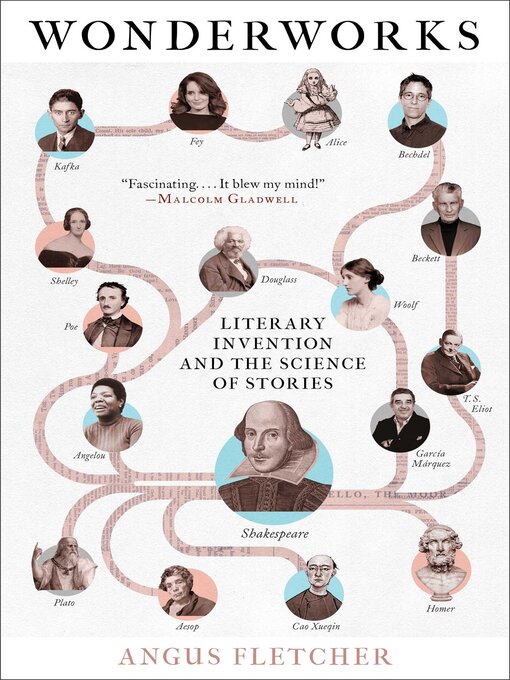- Available now
- Mysteries
- Romance
- New eBook additions
- New kids additions
- New teen additions
- Most popular
- The Clever Teacher
- Get Cooking
- Librarian Professional Books
- See all ebooks collections
- Audio for Your Personal Curriculum
- Available now
- New Audiobooks
- New kids additions
- New teen additions
- Most popular
- Try something different
- Listening to Romance
- Women Sleuths
- Inspirational Audio
- Read By a Celeb
- Short Listens
- Audiobooks Under 3 Hours
- See all audiobooks collections


